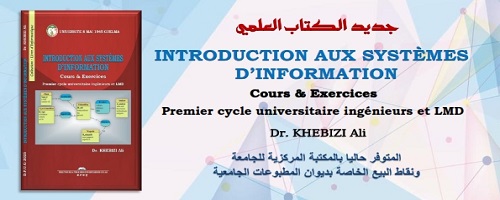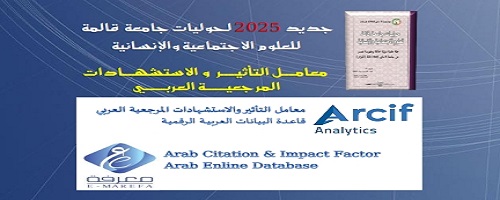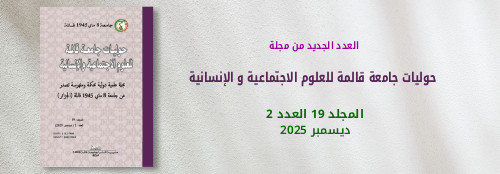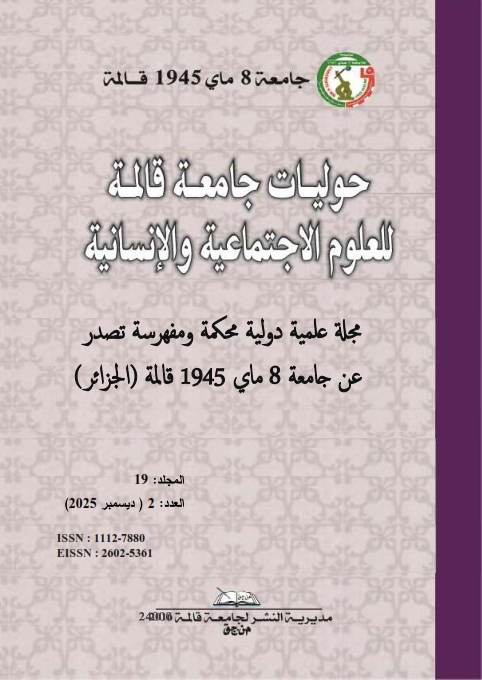تأثير معتقدات الذكاء على الأداء الأكاديمي لطالبات المرحلة الثانوية في دروس اللغة العربية بمنطقة فورغ
مجلد17-العدد1-جوان2023
أجريت هذه الدراسة بهدف التحقق من العلاقة بين معتقدات الذكاء والأداء الأكاديمي للطالبات اللواتي يدرسن اللغة العربية في المرحلة الثانوية الثانية. المجتمع الإحصائي للبحث الحالي هو جميع الطالبات اللائي يدرسن في المرحلة الثانوية الثانية بمنطقة فورغ و العينة الإحصائية للبحث الحالي تضم 60 طالبة في المدرسة الثانوية الثانية الواقعة بمدينة فورغ.
طريقة أخذ العينات هي أنه تم اختيار هاتين المدرستين من بين المدارس الثانوية الأربع الثانية للبنات باستخدام طريقة أخذ العينات المتاحة وفي الخطوة التالية، تم اختيار 10 أشخاص من كل من الصفوف العاشر والحادي عشر والثاني عشر في كلتا المدرستين عن طريق أخذ عينات عشوائية بسيطة.
أدوات البحث هي استبيان معتقدات دوبیرات ومارین والمعدل التراكمي للطلبة في درس اللغة العربية كمؤشر على أدائهم الأكاديمي. تم تحليل البيانات باستخدام معامل ارتباط بيرسون وأظهرت نتائج التحليل أن هناك علاقة ذات دلالة إحصائية بين معتقدات الذكاء والتقدم الأكاديمي في دروس اللغة العربية. أيضًا، هناك علاقة أقوى بين معتقدات الذكاء المتزايد والأداء الأكاديمي من العلاقة بين معتقدات الذكاء الفطري والأداء الأكاديمي. نتيجة لذلك، تشير نتائج الدراسة الحالية إلى أهمية التأكيد على تعزيز معتقدات زيادة الذكاء لدى الطالبات من أجل تحسين أدائهن الأكاديمي في دروس اللغة العربية.
كلمات مفتاحية: معتقدات الذكاء، الأداء الأكاديمي، دروس اللغة العربية
This study was conducted with the aim of investigating the relationship between intelligence beliefs and academic performance of female students studying Arabic in the second secondary stage. The statistical population of the current research is all female students studying in the second secondary school in the Forge area, and the statistical sample for the current research includes 60 students in the second secondary school located in the city of Forge.
The sampling method is that these two schools were selected from among the four second secondary schools for girls using the available sampling method. In the next step, 10 subjects were selected from each of grades 10, 11 and 12 in both schools by simple random sampling.
The research tools are the Doberat and Marin Beliefs Questionnaire (2005 Rostgar, 1385) and the cumulative average of students in the Arabic language lesson as an indicator of their academic performance. The data were analyzed using Pearson's correlation coefficient, and the analysis results showed that there is a statistically significant relationship between intelligence beliefs and academic progress in Arabic language lessons. Also, there is a stronger relationship between beliefs of increased intelligence and academic performance than there is between beliefs of innate intelligence and academic performance. As a result, the results of the current study indicate the importance of emphasizing the reinforcement of the beliefs of increasing intelligence among students in order to improve their academic performance in Arabic language lessons.
Keywords: keywords; keywords; keywords; keywords; keywords.




